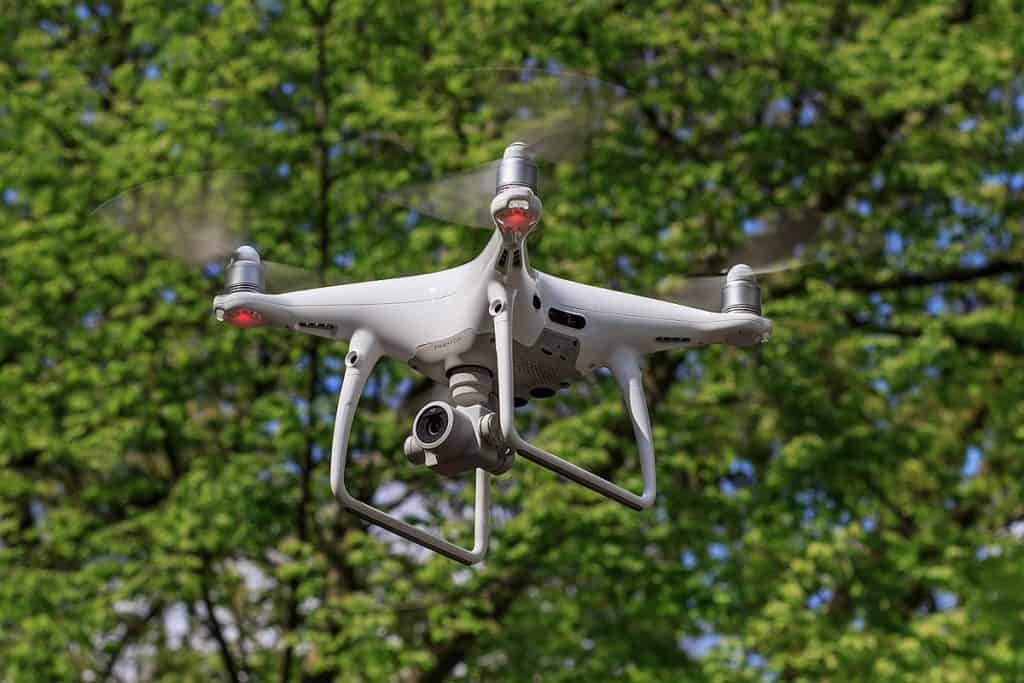50% adults vaccinated with first dose
In a positive development, 50% of the country’s eligible adult population is now vaccinated with the first dose. It includes 99% coverage amongst healthcare workers and almost 100% among frontline workers. Also, the average number of vaccinations per day was 52.16 lakh doses in August, up from 43.41 lakh in June and 39.38 lakh in July. A record one crore doses were administered on August 27, according to government data.
The union government also said supply issues have been sorted out and stabilised. There have been no complaints of shortage from states in recent weeks.
The Union Health Ministry has urged states to focus on increasing coverage of the second dose keeping in mind the high reinfection numbers in states like Kerala. The ministry has also advised focus on covering vulnerable groups as soon as possible. As per official data on the second dose, only 14.6% of the adult population has been covered so far, 83% of them being healthcare workers and 79% frontline workers.
In another development, Zydus Cadila’s ZyCoV-D has received Emergency Use Authorisation and could be available for vaccination from September first week. The government has not yet taken a decision regarding its use on 12+ age group.
Source: The Times of India
Read more: New vaccines that could accelerate India’s COVID vaccination drive
Delhi the world’s most surveilled city with most CCTVs per sq mile
Surpassing global cities like New York, London and Shangai, Delhi now has the most number of CCTVs per square mile, as per a report by Forbes India. Delhi has 1826.6 CCTV cameras per square mile followed by London with 1138 CCTVs and Chennai with 609.9 CCTVs coming third. Mumbai with 157.4 CCTV cameras is 18th in the list. Delhi CM Arvind Kejriwal congratulated project officers and engineers who worked on the project for achieving this record.
Around 2,75,000 cameras were installed by the Delhi government in the first phase. The government aims to install 1,40,000 cameras in the second phase. The government has assured that all the camera feeds are secured and only accessible to authorised users. The cameras are equipped with technology capable of detecting disturbances and intrusions.
Source: Hindustan Times
India to ensure clean and sustainable mobility, says PM Modi
Addressing the 61st Annual Convention of the Society of Indian Automobile Manufacturers (SIAM), Prime Minister Narendra Modi said that the Government of India is committed to creating a clean and sustainable automobile sector. Modi acknowledged the role of the sector in nation building and emphasised India’s goal to having clean and modern mobility solutions at the heart of the country’s growth and development.
Modi further emphasized the need for the sector to adopt circular practices and ensure that environmental damage is minimized and resource efficiency is increased. He cited the new National Vehicle Scrappage Policy as an example of making the sector sustainable.
Source: The Times of India
Shift official vehicle fleet to EVs, Union Energy Minister tells fellow ministers and CMs
In a letter to central ministers and state CMs, Union Energy Minister R K Singh has urged them to shift their official vehicle fleet to electric cars to motivate the general public to buy EVs and switch to clean mobility options. At present, 1590 electric cars are deployed in 160 central and state governments across 49 cities. The increasing shift to EVs is part of the GO ELECTRIC CAMPAIGN launched by the Union Government to promote the use of EVs. Along with this, the government is also focusing on establishing a battery storage ecosystem comprising 50 GWh manufacturing capacity.
Through its Faster Adoption and Manufacturing of Hybrid and Electric Vehicles (FAME) policy, the government aims to have 2,00,000 two-wheeled EVs and 3,00,000 three-wheeled EVs across India. The government has also introduced an incentive of Rs15,000 per KWh for two-wheelers under FAME.
Source: Livemint
New drone rules notified

The Ministry of Civil Aviation (MoCA) and Directorate General of Civil Aviation (DGCA) have notified the new Drone Rules 2021. Under the new rules, there will be no need to have a certificate of airworthiness, unique identification number, prior permission and remote pilot license. Foreign companies registered in India will be allowed to import and operate drones and their import will be regulated by the Directorate General of Foreign Trade. The new rules are set to replace the existing UAS (unmanned aircraft system) Rules 2021 issued in March. The new rules will incentivise startups and youth working in the sector, PM Modi said in a tweet.
Source: Livemint
Read more: Explained: What the Draft Drone Rules 2021 say | Citizen Matters